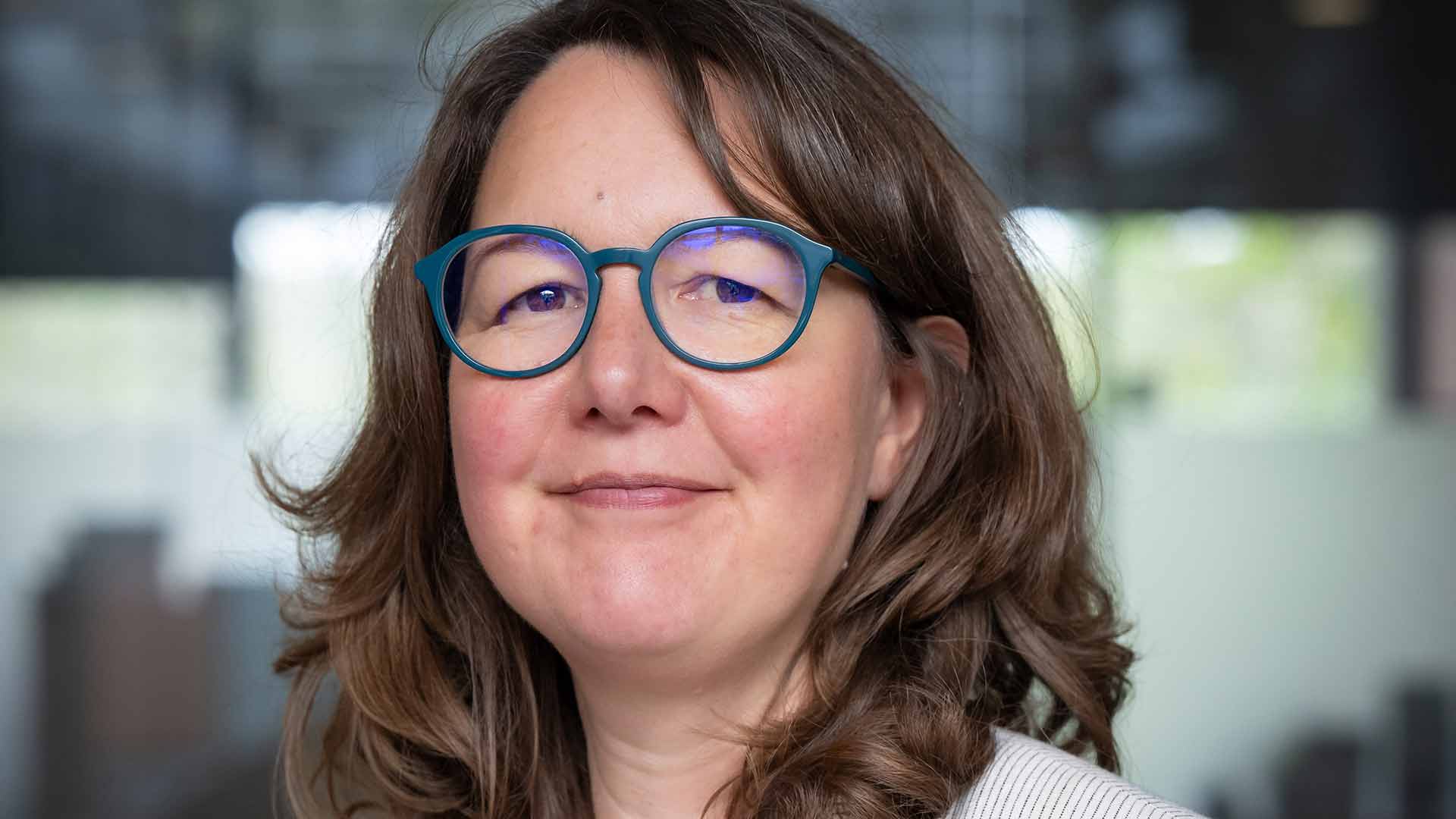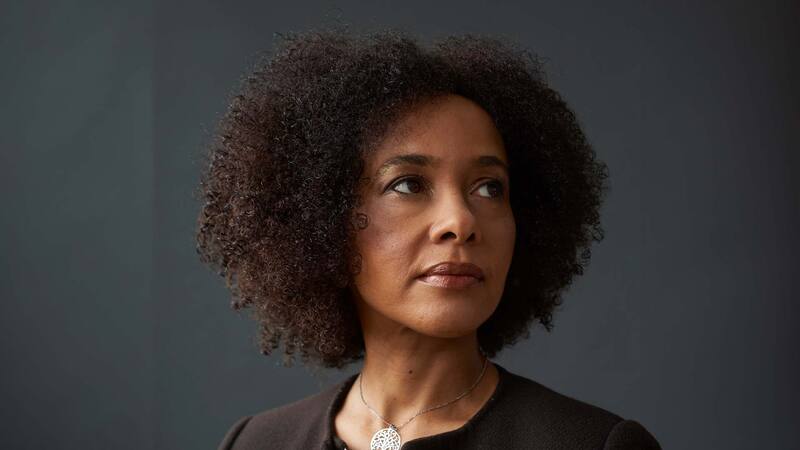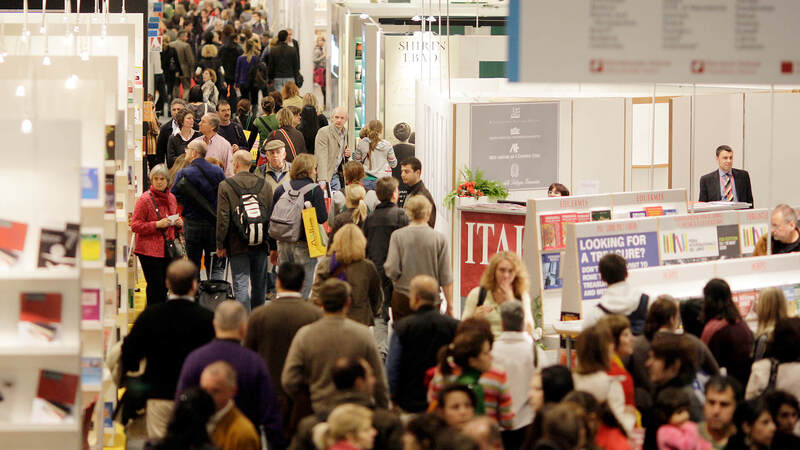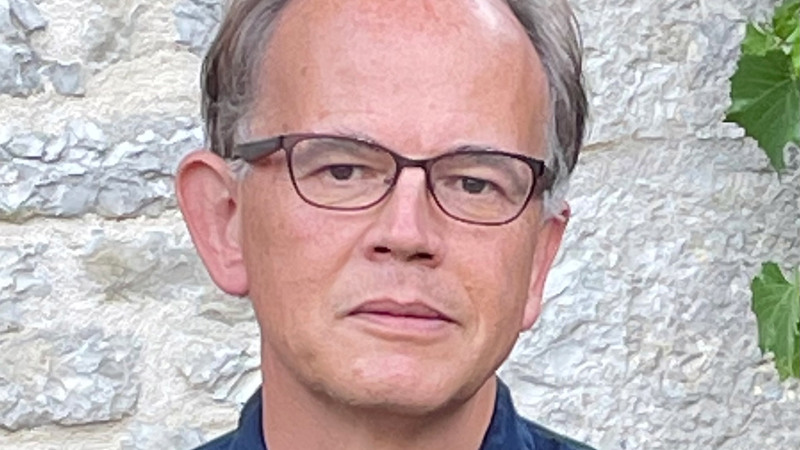You are viewing your 1 free article this month. Login to read more articles.
Kalimat boss hails exchange
The founder and c.e.o. of Sharjah publishing house Kalimat Group has said the translation and exporting of Arabic children’s books is vital in order to avoid cultural “misunderstanding and stereotyping” globally.
She also praised The Quarto Group, Bloomsbury and Gallimard, with whom Kalimat exchanges titles to translate, for “not [being] afraid to try something new - that is something rare in the publishing industry”.
Speaking as part of a panel that explored the publishing partnerships at yesterday’s [October 11] fair, Sheikha Bodour Bint Sultan Bin Muhammad Al Qasimi said it was important for Arabic children’s books to be published in other languages “to make sure children in other parts of the world can under- stand more about our stories”. She added: “[Kids] can act as agents of soft diplomacy and make the world a better place. I turn the news on these days and I see horrible things... I hope the children of the future don’t have to live through the misunderstand- ing and stereotyping that happens a lot these days.”
She said of Kalimat’s coedition publishers Quarto, Bloomsbury and Gallimard: “It is wonderful to have these people, who think outside the box and want to look into other markets. You don’t often find publishers who are willing to explore.”
Quarto struck a deal in April to translate 10 Kalimat titles a year for the English-language market, while Kalimat translated 10 Quarto titles for the Middle East and North African markets. Bloomsbury partnered with Kalimat in May, when its executive director Richard Charkin said: “There’s a greater need than ever for the transfer of cultural and intellectual information between languages.”
On the panel, Bloomsbury c.e.o. Nigel Newton said that “when you are [in the Middle East] people like to see partnerships, because that’s what they see from other corporations in other industries”. Quarto c.e.o. Marcus Leaver added that the part- nership was beneficial because it was his firm’s first foray into the Middle East and Africa, and though “it is small acorns at the moment... bigger acorns are going to grow”.


















